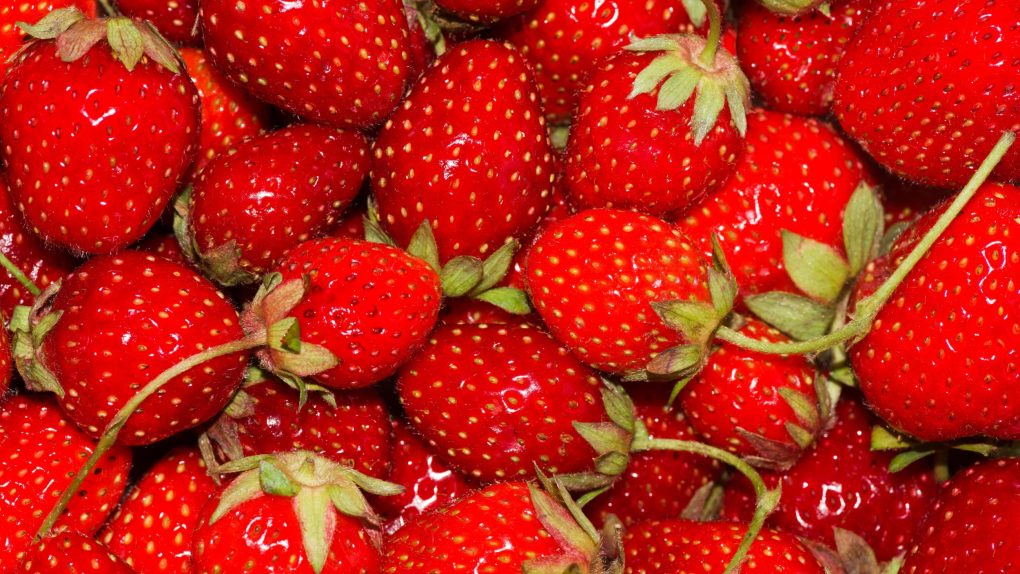- Strawberry farmers have seen demand for their product plummet in the wake of the coronavirus pandemic.
- Nearly 25 million pounds of strawberries will likely be trashed every week during the peak of the harvest season.
- Visit BGR’s homepage for more stories.
The novel coronavirus pandemic has affected just about every possible industry. It’s forced stores and restaurants to shut down, closed schools and colleges, and even NASA is now working from home. With all that in mind, it probably shouldn’t be surprising that the strawberry market is in shambles, but it’s still seriously bumming me out.
Strawberries — you know, the most delicious of all Mother Nature’s creations — are in serious peril. Restaurants don’t want them because they can’t use them, and other buyers that use them in a variety of food products don’t need them right now, either. It’s a strawberry apocalypse and it’s happening right before our very eyes.
Anyone who has purchased strawberries from the grocery store knows that they spoil very quickly. If you’re not eating those tasty red treats within about 24 hours you might as well not even bother. Ever forget you bought strawberries and then find them in your fridge or on the counter three days later? It’s like they’ve fallen into a time warp and aged a year for every hour you’ve left them sitting. Incredible stuff.
Anyway, berry season is upon us, and with a huge slice of the strawberry business pie missing, millions and millions of pounds of them are going to go to waste. Estimates vary, but it’s believed that as many as 30% of the strawberries that will be harvested this season will never be sold.
As LAist reports, a whopping 2.5 billion pounds of strawberries were harvested in 2018. Assuming that number hasn’t changed much in just two years, that means close to 25 million pounds of strawberries will be wasted every week during the peak of the harvest season. Yeah, you read that correctly: 25 million pounds every week. Gone. Trashed. Wasted.
The small sliver of good news in all of this berry mayhem is that distributors are going to try to get as many berries to groceries stores as possible, and with so many extras, they want to send the fruit to food banks as well. Unfortunately, as previously mentioned, strawberries go bad so fast you can practically watch them rot, so that’s going to be a major challenge.
No matter what happens to the strawberries, the farmers and distributors will ultimately suffer the direst consequences. The U.S. government is doing what it can to prop up the economy as the pandemic looms, but getting stimulus money to everyone that will need it (not just strawberry farmers but, well, pretty much every business in the country right now) is a logistical nightmare with few guarantees.
So, if you see some strawberries on the shelves of your local grocery store, do your part and pick some up. Just make sure you eat them before you get home because they’ll probably already be bad by then.








